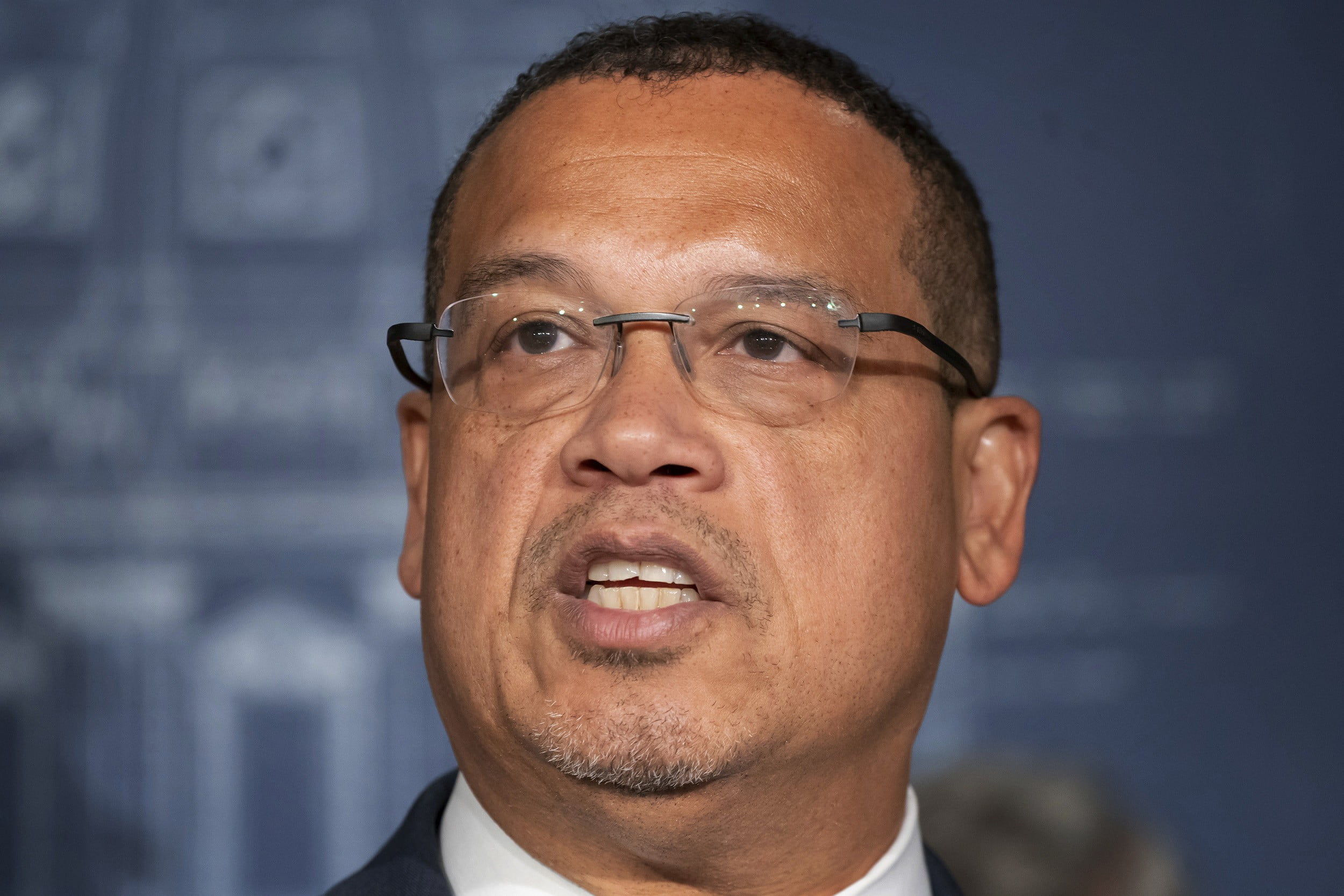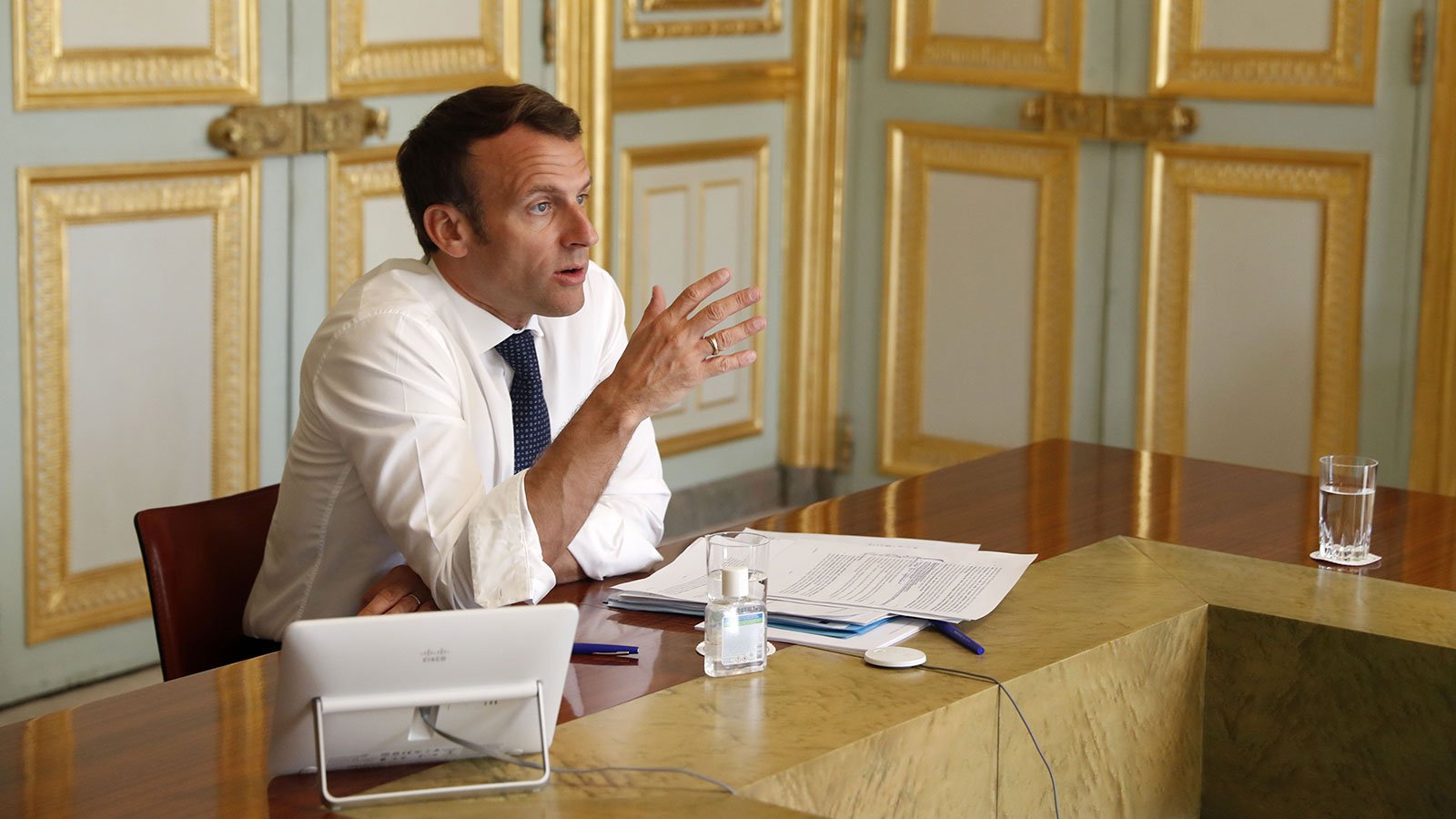The International Monetary Fund has extended a 280-million-dollar loan to oil-rich Equatorial Guinea
Despite protests by rights monitors who cited sweeping misrule and corruption in the central African country.
Amnesty International, Human Rights Watch and Oxfam had opposed the loan until the government of the country, ruled with an iron fist by President Teodoro Obiang Nguema for four decades, cleaned up its act.
“The arrangement is intended to support the authorities’ three-year economic program, which aims at further reducing macroeconomic imbalances and addressing financial sector vulnerabilities; improving social protection and human capital development; promoting economic diversification; and fostering good governance, increasing transparency and fighting corruption,” an IMF statement said Thursday.
About $40.4 million of the total will be disbursed immediately and the remainder over a three-year period, the Washington-based lender said.
IMF deputy managing director Tao Zhang said: “In recent years, the Equatoguinean economy has been impacted by a sharp decline in oil prices and a secular decline in hydrocarbon output, which led to large macroeconomic imbalances and negative economic growth.
“The economy has also been affected by longstanding governance and corruption problems.
“While the authorities have taken steps to address these challenges, a more comprehensive approach is needed to tackle them effectively and achieve sustainable and inclusive growth,” Tao said.
“The IMF loan should force Equatorial Guinea to undertake deep reforms in the way the country exploits its natural resources,” said Sarah Saadoun, a researcher at Human Rights Watch.
“A slew of international lawsuits for corruption have been filed against the son of the president, who holds the post of vice-president”, added Tutu Alicante, the head of a local NGO called EG Justice.
Vice President Teodorin Obiang Nguema is notorious for his free-spending lifestyle and his multi-million-dollar mansions strewn across the world in some of the world’s most expensive areas.
Rights groups accuse President Obiang of ruthlessly clamping down on the opposition and institutional corruption.
Despite its oil wealth, the vast majority of the population live in dire poverty.
AFP



